LOCAL ORGANIZING COMMITTEE
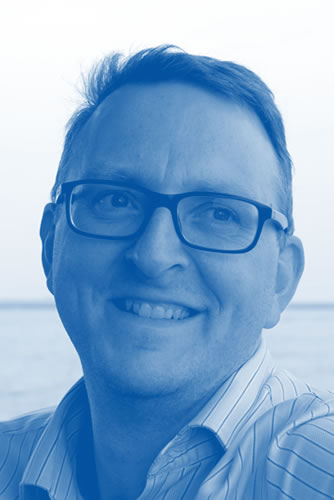
Philip Meuleman, PhD
Professor, Dept. of Diagnostic Sciences, Faculty of Medicine and Health Sciences, Ghent University, Ghent, Belgium
Chair Local Organizing Committee
Chair Local Organizing Committee
Dr. Meuleman obtained a Bachelor degree in Chemistry and a Master degree in Biotechnology at Ghent University, after which he obtained a PhD in Medical Sciences at the Ghent University Faculty of Medicine. During his PhD he developed a human-liver chimeric mouse model for the study of human-specific hepatotropic pathogens. Using this model, he performed translational research especially focusing on novel antiviral compounds against HCV and the characterization of polyclonal and monoclonal antibodies with neutralizing activity.
For this work he received the 2009 AIC prize from the Academy of Immunology for Clinicians in the field of Gastroenterology. After an FWO-Vlaanderen sponsored post-doc at the Institut Pasteur de Lille in France, he obtained an independent position at Ghent University where he is now heading the Laboratory of Liver Infectious diseases. His current research focusses on the study of virushost interactions and the identification of novel antiviral targets and approaches for the prevention or treatment of HBV, HCV, HDV and HEV infection. He presently serves as treasurer of the Belgian Society for Virology.
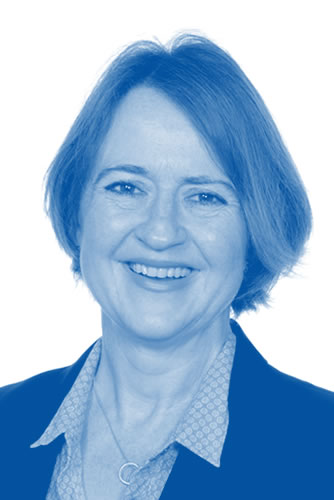
Ellie Barnes, PhD, FRCP, F. Med. Sci.
Professor of Hepatology and Experimental Medicine, Oxford University, Oxford, UK
Ellie Barnes has a long-standing interest in hepatotropic viruses, viral pathogenesis, immunology and vaccine development. More recently she has led early human experimental medicine studies with the aims of developing a prophylactic HCV vaccine, including 2nd generation HCV vaccines based on conserved viral genomes, and constructs that encode genetic adjuvants with the potential for wide applicability in cancer and infectious disease.
She is also developing a program in HBV using simian adenoviral vectored vaccines for HBV immunotherapy. Ellie was the Chief Investigator for the UK wide MRC funded consortium STOPHCV developing stratified medicine to optimize patient clinical outcomes (http://www.stop-hcv.ox.ac.uk/home); the consortium has developed new methods for HCV sequencing, identifying drug resistant subtypes, and is currently supporting stratified medicine studies in Vietnam.
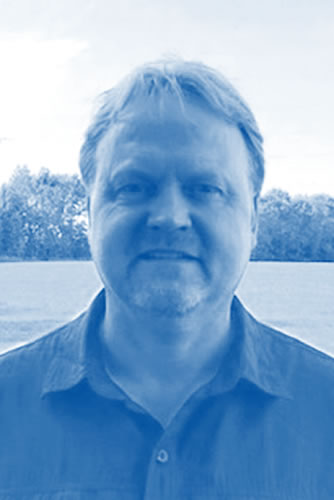
Jens Bukh, MD, PhD
Professor, Department of Infectious Diseases, Copenhagen University Hospital, Hvidovre and Department of Immunology and Microbiology, Faculty of Health and Medical Sciences, University of Copenhagen
Research Director of the Copenhagen Hepatitis C Program (CO-HEP)
Research Director of the Copenhagen Hepatitis C Program (CO-HEP)
Dr. Bukh obtained his M.D. degree at the University of Copenhagen in 1989. From 1990-2005, he was a researcher at the Laboratory of Infectious Diseases at the US National Institutes of Health. His research focusses on positive-stranded RNA viruses and is primarily related to in vitro and in vivo experimental studies of hepatitis C virus (HCV) and related viruses.
His research contributes novel insight into genetic heterogeneity, experimental systems and antivirals. He is the recipient of the 2015 Novo Nordisk Prize and the 2019 Novo Nordisk Foundation Distinguished Investigator Award. Prof. Jens Bukh has authored more than 200 scientific papers.
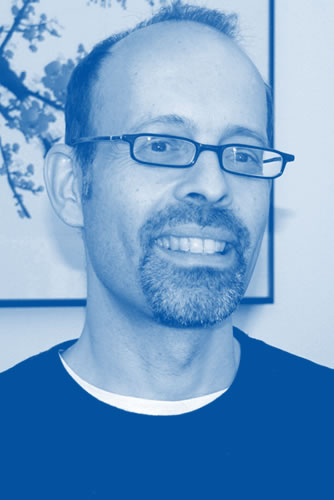
Michael S. Diamond, MD, PhD
The Herbert S. Gasser Professor, Depts. of Medicine, Molecular Microbiology, Pathology & Immunology, Washington University School of Medicine, St. Louis, USA
Associate Director, The Andrew M. and Jane M. Bursky Center for Human Immunology and Immunotherapy Programs
Associate Director, The Andrew M. and Jane M. Bursky Center for Human Immunology and Immunotherapy Programs
Dr. Diamond's laboratory studies the molecular basis of disease of many globally emerging RNA viruses, and focuses on the interface between pathogenesis and host immunity. He identified many of the key innate and adaptive immune system components that define protection against flaviviruses, and the viral genes that antagonize this response. His laboratory made a seminal discovery by identifying a novel pathogen- associated molecular pattern (lack of 2'-O methylation on the 5' viral RNA cap) and mechanism of innate immune restriction through IFIT1 proteins. His group has studied extensively the role and function of interferons (type I IFN-a/b and type III IFN-l) in modulating tropism, infection, and immune responses against RNA viruses.
His group has used genome-wide screening to identify host factors required by viruses for entry and infection, including Mxra8, a novel receptor for multiple alphaviruses of global concern. He has led the field in studying mechanisms of pathogenesis of Zika virus infection and disease including in pregnancy. His group also has generated, characterized, and mapped thousands of neutralizing antibodies against flaviviruses (West Nile, Dengue, Zika, and Japanese encephalitis viruses) and alphaviruses (chikungunya, Eastern equine encephalitis, and Mayaro viruses) and studied their structure-function relationships in animal models of disease. His work has led directly to the development of antiviral therapeutic antibodies, vaccines, and diagnostic tests against both flaviviruses.
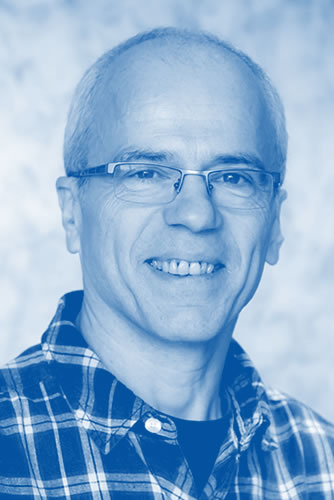
Jean Dubuisson, DVM, PhD
Head of the Center for Infection & Immunity of Lille, Institut Pasteur de Lille, France
Dr. Dubuisson is a virologist specialized in molecular and cellular studies of positive- strand RNA viruses. He grew up in Belgium and graduated as a Doctor in Veterinary Medicine in 1984 at the University of Liège, where he also received his PhD degree in 1989. Between 1985 and 1991, he studied viral pathogenesis of bovine herpesviruses. He did a post-doctoral training between 1991 and 1994 in the Department of Molecular Microbiology of the Washington University School of Medicine in St. Louis, Missouri, in the United States. During that time, he worked on Sindbis virus, yellow fever virus and hepatitis C virus, and he received NATO, Keck Foundation and Fogarty fellowships for his post-doctoral training.
In 1994, he obtained a tenure position at the CNRS and he started to develop his own group in France, at the Institut Pasteur of Lille. Since 1993, Dr Dubuisson has been working on hepatitis C virus. He has been a pioneer in studying hepatitis C virus entry and morphogenesis. Since 2014, his group is also developing research projects on coronaviruses and hepatitis E virus. In 2003, he received the Silver Medal Award from the CNRS and between 2005 and 2010, he was an HHMI (Howard Hughes Medical Institute) International Research Scholar. Recently, Dr Dubuisson was appointed Head of the Center for Infection & Immunity of Lille (CIIL).

Annette Martin, PhD
Associate Professor, Group leader, Molecular Genetics of RNA Viruses unit, Hepacivirus-Host Interactions group, Institut Pasteur, Université Paris Diderot - Sorbonne Paris Cité, Paris, France
Annette Martin graduated as an agronomy engineer and received her PhD degree in microbiology and molecular genetics from the INAPG, Paris, France. She then completed post-doctoral training in the Virology Department at Institut Pasteur and worked as a visiting scientist in the Microbiology and Immunology Department at University of Texas Medical Branch in Galveston, USA. Her research interests have focused on the molecular virology and pathogenesis of several positive-strand RNA viruses, notably hepatotropic viruses including hepatitis A virus, the small primate hepacivirus GBV-B and hepatitis C virus.
Her work has contributed to the understanding of replication and morphogenesis specificities of these viruses and addressed host-range determinants of hepaciviruses. Her group currently focuses on HCV assembly mechanisms and HCV genotype- specific hepatocyte dysregulations in link with disease progression.
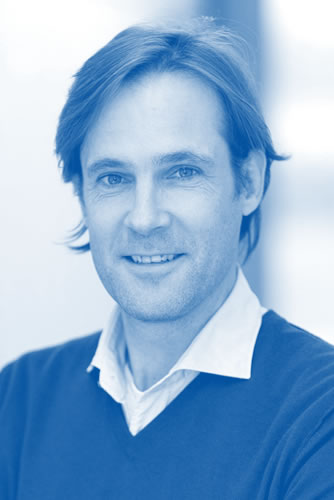
Thomas Pietschmann, PhD
Professor, Director of the Institute for Experimental Virology, Centre for Experimental and Clinical Infection Research - TWINCORE, Hannover Germany
Dr. Pietschmann studied biology with emphasis on biochemistry, animal physiology, virology and immunobiology at the University of Würzburg and the Duke University (Durham, NC, USA). After completing his studies in 1996, he received his Ph.D. degree in biology at the Institute for Virology of the University of Würzburg and subsequently worked as postdoc at the Institute for Virology in Mainz and in the Department for Molecular Virology at the University Clinic of Heidelberg. Thomas Pietschmann established there an independent research group that investigated the mechanisms of morphogenesis and cell entry of the hepatitis C virus.
From the year 2006 his group was supported by an Emmy Noether fellowship from the German Research Community (Deutsche Forschungsgemeinschaft). In 2007 he was appointed to TWINCORE, where he is director of the Institute for Experimental Virology. His group currently investigates the contribution of HCV assembly and entry mechanisms to viral persistence and immune escape. They dissect determinants of species tropisms to develop HCV animal models, which they use to evaluate HCV vaccine candidates.
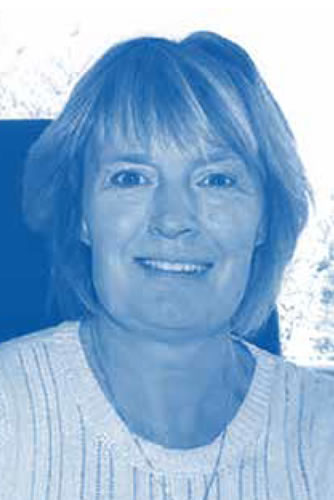
Tania Roskams, MD, PhD
Professor, Head of the Department of Imaging and Pathology, Chair Translational Cell and Tissue Research, University of Leuven, Leuven, Belgium
Tania Roskams is a professor in pathology at the Faculty of Medicine of the University of Leuven. She is internationally recognized as an expert in liver pathology. Her research focuses primarily on the role liver progenitor cells play in liver regeneration and carcinogenesis. She has been studying different animal and cell culture models in order to elucidate the pathogenesis of human liver diseases.
From 2005 to 2011 she was an independent member of the Scientific Board of the United European Gastroenterology Federation. From 2009 to 2012 she was a member of the Governing Board of the European Association for the Study of the Liver (EASL).
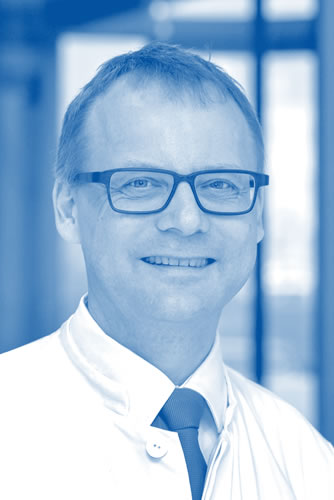
Heiner Wedemeier, MD, PhD
Professor and Chairman of the Department of Gastroenterology, Hepatology and Endocrinology at Hannover Medical School
Heiner Wedemeyer is Professor and Chairman of the Department of Gastroenterology, Hepatology and Endocrinology at Hannover Medical School since April 1, 2020. He was Professor and Chairman of the Department of Gastroenterology and Hepatology at the University Clinic Essen from February 2018 to April 2020. He received his medical degree from the University of Göttingen in 1996 and subsequently started his training in Internal Medicine at Hannover Medical School in Germany. From 1998 to 2000, he was a research fellow in immunology at the Liver Diseases Branch, National Institutes of Health, Bethesda, USA. Since 2001, he completed his training in Internal Medicine and Gastroenterology at Hannover Medical School, where he became Professor of Medicine in 2011. Professor Wedemeyer has been involved in the scientific coordination of the German Network of Competence on Viral Hepatitis (Hep-Net) and the German Liver Foundation for more than 15 years. Currently, he serves as the Managing Director of the German Hepatitis C-Registry. Heiner Wedemeyer is member of several scientific organizations and was Secretary General of the European Association for the Study of the Liver from 2009 to 2011.
Professor Wedemeyer has a long-term research interest in liver diseases with a main focus on viral hepatitis, liver transplantation and hepatocellular carcinoma. He has been principal investigator in numerous clinical trials, focusing on antiviral therapy and immunotherapy of viral hepatitis B, C, D and E. He has authored over 500 original articles; his current Hirsch-Index is 101 (google scholar; October 2021) and his work has been quoted more than 45,000 times. Heiner Wedemeyer has received numerous awards including the Hans Popper Award of the International Association of the Study of the Liver in 2002, the Innovation Award of the German Medical Faculties (2011) and the Rudolph-Schoen-Award (2011). His research has been funded by the Deutsche Forschungsgemeinschaft, the German Ministry of Research and Education, the European Union, the European Association for the Study of the Liver and the Bill and Melinda Gates Foundation.
INTERNATIONAL ORGANIZING COMMITTEE
Brett Lindenbach (chair), Yale University School of Medicine, USAAndrea Cox, Johns Hopkins School of Medicine, USA
Heidi Drummer, Burnet Institute, Australia
Georg Lauer, Massachusetts General Hospital, Harvard Medical School, USA
Philip Meuleman, Ghent University, Belgium
Barbara Rehermann, National Institutes of Health, USA
Naglaa Shoukry, University de Montréal, Canada
Eui-Cheol Shin, Korea Advanced Institute of Technology, Seoul, Korea
Nigel Stevenson, Trinity College, Dublin, Ireland
Jordan Feld, University of Toronto, Canada
Arash Grakoui, Emory University, USA
Mark Harris, University of Leeds, UK
INTERNATIONAL ADVISORY COMMITTEE
Sergio Abrignani, Instituto Nazionale Genetica Molecolare, ItalyRaymond Chung, Massachusetts General Hospital, Harvard Medical School, USA
Michael Houghton, University of Alberta, Canada
Daniel Lamarre, Case Western Reserve University, USA
Stanley Lemon, University of North Carolina, USA
Jake Liang, National Institutes of Health, USA
Yoshii Matsuura, Osaka University, Japan
Tatsuo Miyamura, National Institute of Health and Nutrition, Tokyo, Japan
Jean-Michel Pawlotsky, Henri Mondor University Hospital, France
Charles Rice, Rockefeller University, USA
Lorne Tyrrell, University of Alberta, Canada
Takaji Wakita, National Institute of Infectious Diseases, Japan
Michael Beard, University of Adelaide, Australia
